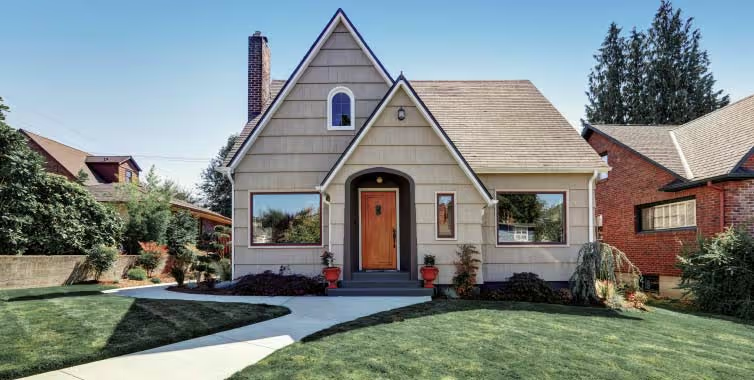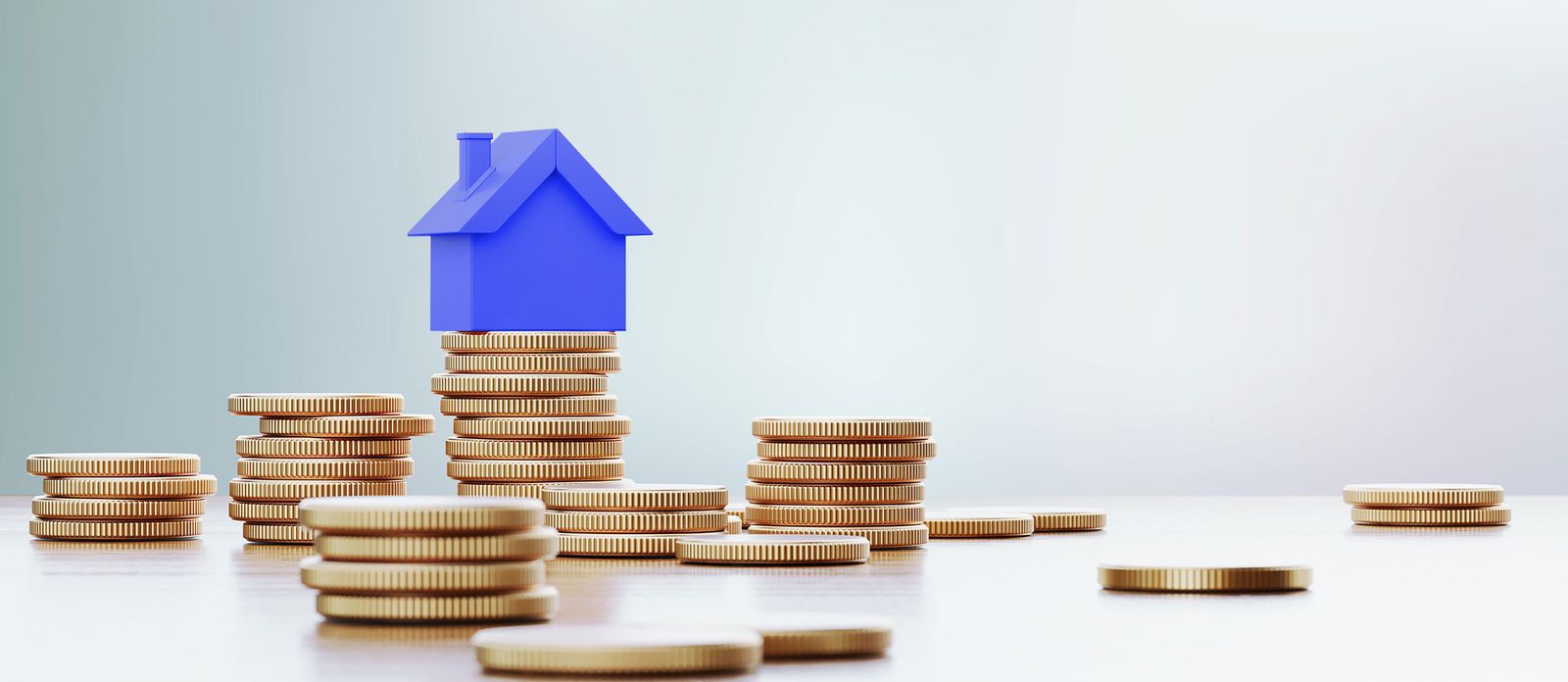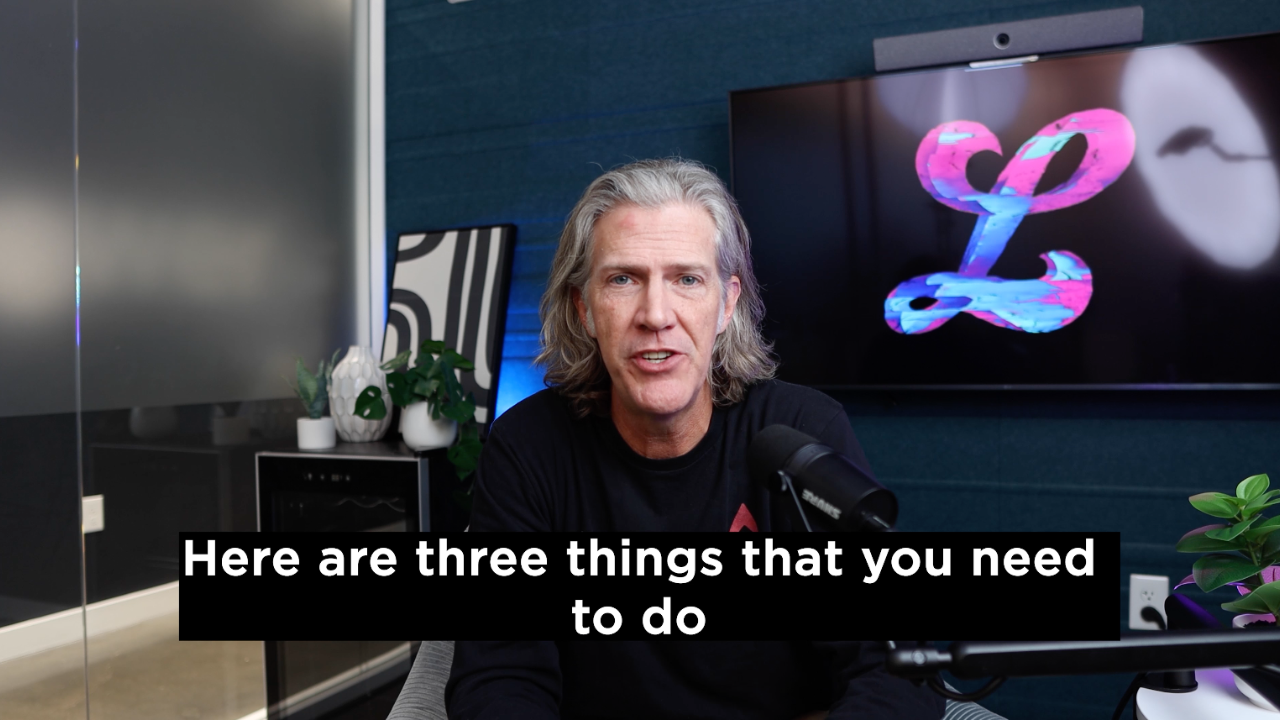If you're saving for a new home, then you know the drill — work towards a 20% down payment to qualify for a mortgage and get a lower interest rate, right?
With the current housing market blazing hot, that means higher home prices and more savings. So what's an average Joe or Jane like you supposed to do?
Well, there are actually a number of options available, some riskier than others, but if you have the cash, there are ways to keep it safe and make it grow.
The 20% down payment myth
The long-held belief that you need a 20 percent down payment to become a homeowner is (often) a myth. While a 20 percent down payment does help you avoid the private mortgage insurance requirement and therefore reduces your overall monthly payment, many buyers today don’t want (or can’t) put down that much money.
In fact, the median down payment on a home is 12 percent, according to the National Association of Realtors, and 6 percent for first-time buyers.
While paying PMI isn’t ideal, many homebuyers see it as a fair trade-off if it means getting into their dream home sooner. So, depending on your financial situation, paying mortgage insurance may be preferable to living with your parents or a weird landlord until you can afford a 20% down payment. The choice is yours...
Where you should save your down payment
While there are lots of places to store your hard-earned cash, there's also a lot to think about.
First, money for a down payment probably needs to be readily available, which likely rules out certificates of deposits (CDs) that have long-term requirements. However, if you don't plan to buy for a few years, a CD that matures beforehand could be a solid option.
Next, finding an option that's easy enough to add money to — either from a paycheck or checking account, should be high on your priority list. Finding the balance between ease of access and risk is tricky, but the following options fit the bill.
Savings Accounts
The good ole tried and true savings account is an easy way to store your money. You probably already have one set up and can effortlessly transfer funds from your checking account.
Establishing a recurring transfer is easy enough, and you'll start saving money without even thinking about it. Another benefit to a savings account is that it's FDIC insured. The money is guaranteed up to $250,000.
The downside to most savings accounts is its measly interest rate.
The average rate of 0.04% isn't going to pay your electric bill, much less add up to any significant savings. However, if you're looking to buy soon, like the next 3-6 months, it's a great way to access your funds quickly and without hassle.
High Yield Savings Accounts
Just like a regular savings account, a high yield one comes with all the benefits (FDIC guarantee) but much higher interest payouts — sometimes 10-20 times higher. Most of these types of accounts are offered by online-only banks, so if you love the convenience and customer service of a brick-and-mortar establishment, you might struggle with this setup.
While the interest rates are higher than those of regular savings accounts, it's still not going to make you a millionaire. It's just another easy way to add a bit extra to your house savings fund.
Money Market Accounts
Similar to savings accounts, a money market account is an interest-bearing account at a bank or credit union. They’re great if you're ready to buy soon. They don't carry high-interest rates, but with other perks like debit cards and ATM access, it's a great feature when it's time to withdraw your funds. Similar to savings accounts, money markets are available at local banks and are FDIC insured.
Certificates of Deposit
Touched on above, CDs aren't the best option if you're looking to buy soon.
First, your money is already tied up for a specific time period, whether it's six months or a year. Another drawback to a CD is that you can't add money to it before it matures, which is why it's not recommended for those still socking cash away.
However, CDs are a pretty solid option if you already have the bulk of your savings together, and you can find one that matures before you're ready to settle down. They can offer you a bit more money than a savings account, so if you don't need the cash immediately, why not reap the rewards?
Investment Accounts
If you like to live life on the edge, this one might be for you.
Investment accounts are often a roll of the dice and can make or break whatever it is you're saving for. Like the other options, it's all a matter of your end game. If you plan to buy in a year or two, hoarding all your cash in a brokerage account probably isn't worth it. You most likely won't incur the returns you need before you'd have to pull your money.
But if you have a couple of years before you plan to buy, investing in stocks, bonds, or mutual funds has potentially high reward earnings. The conventional wisdom is that money held over time has better returns than short-term options.
Whether you have the time or not, investing in the stock market is volatile and definitely not for the faint of heart. You have the potential to lose a portion of your hard-earned savings, so jumping in without educating yourself and having a plan is a strict no-no.
It's also not a bad idea to sell off your investments way before you're planning to purchase a home. This way, you can move that cash to a steadier option where you'll have more liquidity and less risk.
Do Your Research
No matter which way you go and where you ultimately decide to keep your savings, do your research. You're most likely saving thousands of dollars to buy your home, so make sure you find an option that works for you and your goals. Determine the risk you're willing to take and proceed with that in mind.

















.svg)
.svg)

.svg)













